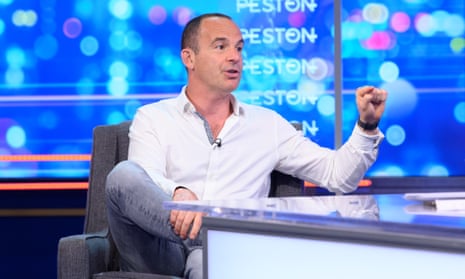The consumer finance champion Martin Lewis has highlighted the impact of the new arrangements for student loans, saying some school-leavers may no longer consider a degree is worth the cost.
“There is a fundamental misunderstanding about how student loans work, because they are demonised as debt, but under this plan they will work far more like a graduate tax. For most people, it will be like a 9% additional tax burden above the £25,000 threshold.
“Many university-leavers will end up repaying more than double what they do under the current conditions. In practice, the majority of graduates will be paying their student loans for most of their working lives.
“What we have to do as a society is decide where the pendulum should swing between the individual who benefits from their education and the state. This is a clear shift away from the state and towards the individual paying for their own education
“There are many people who, even under this system, will be paid back by the increased earnings they have. There will equally be quite a chunk for whom it is no longer good value. It’s going to cost you more, so it has got to be worthwhile.
“If university is right for you, then under this funding model, while it will be more expensive than it was before, it still does enable people from lower-income backgrounds to go to university.
“We should stop calling it a student loan. This is a tax. It is a hypothecated, limited form of taxation.
“We should rename this. This is a graduate contribution system.
“Students will be repaying under the new plan for 40 years compared with the current 30. The amount that is owed does not dictate what you repay each year. All it dictates is when you clear it off. The interest rates are lower, but the main beneficiaries of this will be the highest-earning graduates because they will pay off their loans more quickly.
“Those on lower to middle incomes are going to pay a lot more because they are repaying for longer. And those on the highest incomes are going to repay more quickly, and are going to pay less.
“Most people will be clearing their loans in years 30 to 40. A lot of the numbers are based on modelling, but we won’t know how it works for quite a long time. The aim is that the state pays less.”










